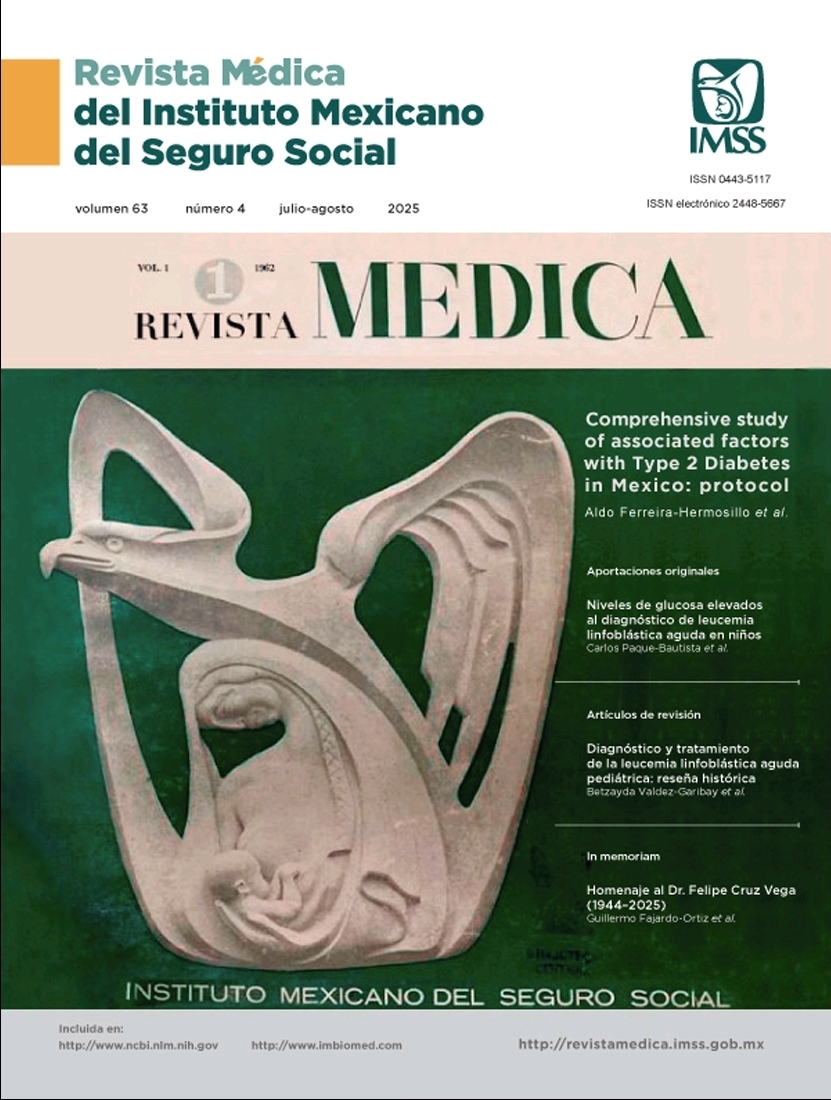Vancouver Style or NLM Format: Towards citation standardization
Main Article Content
Keywords
Scientific and Technical Publications, Ethics, Research, Data Accuracy
Abstract
Accuracy in bibliographic references is a fundamental aspect of scientific communication, particularly in the health sciences, where knowledge traceability carries clinical, ethical, and educational implications. This article analyzes the limitations of the Vancouver style in its editorial implementation and argues for the standardization of the NLM format as a common technical framework. Through a critical review of the literature, it identifies frequent problems resulting from the multiplicity of citation styles, such as referencing errors, ambiguity in editorial policies, and deficiencies in academic training on citation practices. Empirical studies are presented that highlight the low accuracy of references generated by reference managers without supervision, as well as the inconsistency of citation criteria among biomedical journal editors. The article proposes specific institutional actions, including incorporating reference quality into thesis evaluation rubrics, formalizing the librarian's role in the editorial review process, and developing unified citation guidelines. It also emphasizes the need for an educational approach that goes beyond mechanical style application and fosters a critical understanding of citation as an ethical and strategic practice. The article concludes that the adoption of the NLM format, supported by specialized training and institutional policies, would enhance transparency, efficiency, and reliability in biomedical scientific publishing.
References
1. Brkić S. Reference citation. Srp Arh Celok Lek. 2013;141(3-4):275-9. doi: 10.2298/SARH1304275B
2. Cañedo Andalia R. ¿Referencias bibliográficas según el estilo Vancouver?: Citing medicine es la fuente de consulta por excelencia. Acimed. 2009;19(6).
3. Sherrington A. Declaration of Vancouver updated. Can Med Assoc J. 1982;126(8):888-889.
4. Masic I. The importance of proper citation of references in biomedical articles. Acta Inform Med. 2013 Sep;21(3):148-155. doi: 10.5455/aim.2013.21.148-155.
5. Ansuategi Zengotitabengoa E. Erreferentziak euskaraz idazteko irizpideak Vancouver estiloari jarraituz. Osagaiz. 2019;3(1):85-88.
6. Baum MA, Braun MN, Hart A, Huffer VI, Meßmer JA, Weigl M, et al. The first author takes it all? Solutions for crediting authors more visibly, transparently, and free of bias. Br J Soc Psychol. 2023;62:1605–1620. doi:10.1111/bjso.12569.
7. González Blanco M. Citas y estilo de las citas. Referencias de material electrónico. Rev Obstet Ginecol Venez]. 2021;81(2):103–7. doi: 10.51288/00810203
8. Demirdöver C. Citation styles and systems. Turk J Plast Surg. 2019;27:41-3. doi:10.4103/1300-6878.255015.
9. Rozell DJ. Citation styles of references: a weakness of academic publishing. Eur Sci Ed. 2022;48:e79945. doi:10.3897/ese.2022.e79945.
10. Kratochvíl J. Comparison of the accuracy of bibliographical references generated for medical citation styles by EndNote, Mendeley, RefWorks and Zotero. J Acad Librarianship. 2017;43(1):57-66. doi:10.1016/j.acalib.2016.09.001.
11. Díez J, Gullón P, Fernández E. El estilo bibliográfico de Gaceta Sanitaria en los gestores de referencias bibliográficas. Gac Sanit. 2019;33(3):299-303. doi:10.1016/j.gaceta.2018.06.012.
12. Azadeh F, Vaez R. The accuracy of references in PhD theses: a case study. Health Inf Libr J. 2013;30(3):232-240. doi:10.1111/hir.12026.
13. International Committee of Medical Journal Editors. Recommendations for the conduct, reporting, editing, and publication of scholarly work in medical journals. Updated January 2025. Disponible en: https://www.icmje.org/recommendations/
14. Park S, Mardis LA, Ury CJ. Teaching citation styles and academic honesty. Ref Serv Rev. 2011;39(1):42-57. doi:10.1108/00907321111108105.
15. Bahadoran Z, Mirmiran P, Kashfi K, Ghasemi A. The Principles of Biomedical Scientific Writing: Citation. Int J Endocrinol Metab. 2020;18(2):e102622. doi:10.5812/ijem.102622.
16. Azadeh F, Vaez R. The accuracy of references in PhD theses: a case study. Health Inf Libr J. 2013;30(3):232-240. doi:10.1111/hir.12026.
17. Park S, Mardis LA, Ury CJ. Teaching citation styles and academic honesty. Ref Serv Rev. 2011;39(1):42-57. doi:10.1108/00907321111108105.
18. Costa CCLP, Santana FG, Borges GLS, Rodrigues JS, Dias LP, Albuquerque PA, et al. A importância dos estilos de formatação de trabalhos acadêmicos: uma revisão de literatura. Braz J Implant Health Sci;5(3):718–738. Disponible en: https://doi.org/10.36557/2674-8169.2023v5n3p718-738
19. Thoma A, Murphy J, Goldsmith CH. The Author Truncation “et al.” in Article References: An Anachronism That Needs to Change. Plast Surg. 2023;31(4):401-7. doi:10.1177/22925503211051109.
20. Kali A. Reference management: A critical element of scientific writing. J Adv Pharm Technol Res. 2016;7(1):27-29. doi:10.4103/2231-4040.169875.
21. Kratochvíl J, Abrahámová H, Fialová M, Stodůlková M. Citation rules through the eyes of biomedical journal editors. Learn Publ. 2022;35(2):105-117. doi:10.1002/leap.1425.
22. Cruz Cruz EM. Referencias bibliográficas, indicador de calidad en las publicaciones científicas. Rev Electr Dr Zoilo E. Marinello Vidaurreta. 2015;40(11). Disponible en: http://revzoilomarinello.sld.cu/index.php/zmv/article/view/508


